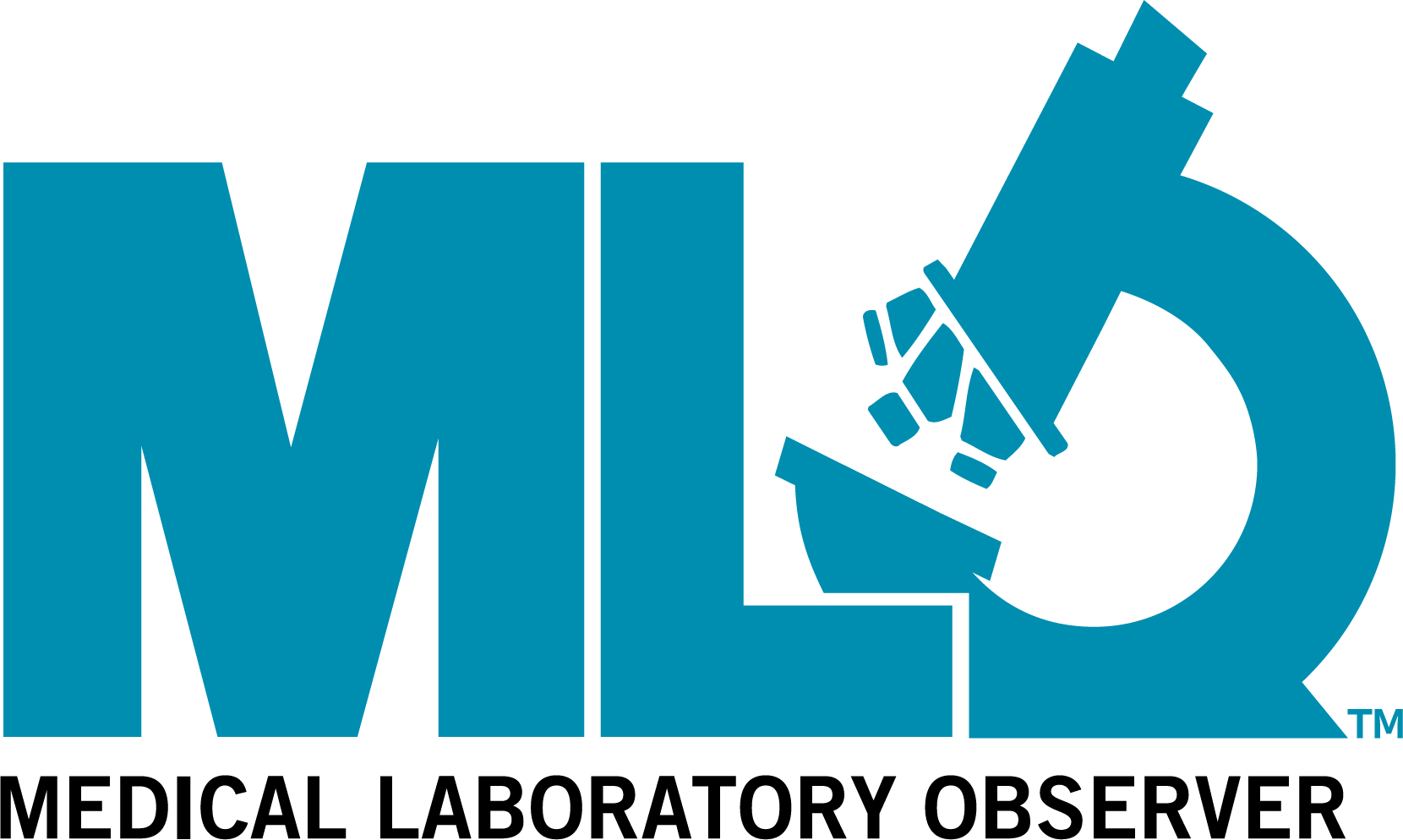December 2, 2022
Health Tech World Awards: Recognising the most impactful startups

Original source here.
Ahead of the inaugural Startup of the Year award sponsored by Barclays Eagle Labs, we explore how the startup market shifted in 2022 and what this means for health tech.
By the end of 2021, a staggering £35.8 billion ($44 billion) had been raised globally in health innovation over 12 months, doubling since the previous year.
The year also saw 110 acquisitions – a 50 percent increase in 2020 – and the emergence of 70 new health tech and 28 biotech unicorns.
Covid accelerated digital transformation across the healthcare space as healthcare teams turned to innovative tools to speed up diagnosis and improve operational efficiency.
It seemed that health tech was finally being viewed as an attractive investment proposition.
Post-pandemic slump?
With talks of a recession, the cost of living crisis, and the ongoing war in Ukraine, 2022 is a tough time to be a start-up. This has been borne out in the numbers.
According to a report by Silicon Valley Bank, rounds worth £100m or more dropped by 40 per cent on the previous year, while the number of unicorns fell by 47 per cent.
But it’s not all bad news. M&A activity was up 16 percent on the previous year and some areas of digital health are thriving.
The report authors wrote:
“We’ve moved from a growth-at-all-costs era to an era that emphasizes clear value creation, whether it’s through improving health outcomes, access or affordability.
“Investment has shifted into earlier stages where valuations are corrected from last year’s sky-high levels.
“With a record amount of dry powder available to healthtech startups and mergers and acquisitions on the rise, there is still a tremendous opportunity for healthtech companies to grow.”
As reported by Health Tech World, patients are increasingly turning to apps to support their mental health, and mental health app companies are reaping the rewards.
Median deal sizes and valuation increases are on the up against the tide of a wider downturn.
The Silicon Valley Bank report authors wrote:
“As MH care demand soars, we expect more point solutions to expand to platform to grow their patient bases.
“Despite market saturation, point solution valuations have risen in 2022.
“Their focus on single conditions allows for high-quality, specialised healthcare, especially for higher acuity MH disorders like treatment-resistant depression, OCD, etc.
“Interestingly, point solution median deal size in 2022 ($12M) is double platform’s ($6M).”
How can health tech startups thrive in 2023?
Health Tech World recently asked some successful entrepreneurs how they secured investment for their startup.
Among them, OncoHost CEO, Ofer Sharon, who said:
“(Health tech) is definitely a more difficult sector to get investment.
“It is a high-risk sector with a lot of unknowns and can often be harder to see the endpoint and predict success.
“However wonderful the technology may be, there are many outside factors that must be factored in, such as the regulatory environment, which is often slow and cumbersome.
“There are multiple steps when developing and introducing solutions and, while the route from approval to commercialization is clear, you have almost no control of the timelines.
“The positive is that it is completely resistant to market trends and falls because the need is always there.”
In February 2023, Health Tech World will recognize the impactful and innovative startups doing incredible things despite the current climate.
Nominations close on December 30 so don’t miss this chance to have your say on Health Tech Startup of the Year.




